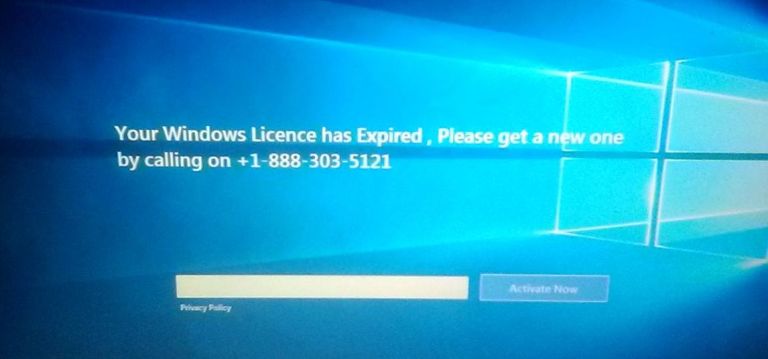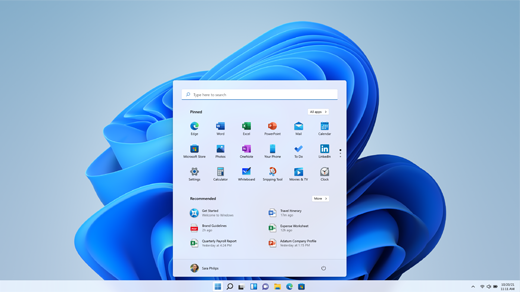
If you are already a victim or are targeted by one of these scamsĭo not follow the instructions, click on links, or open attachments. Be vigilant about protecting your devices against fraudulent scams, such as:Ī fraudulent email providing you a link or attachment that claims to start the Windows 10 installation process.Īn unsolicited internet pop-up attempting to guide you through the installation process.Ī phony phone call from someone posing as a Microsoft employee, who offers to assist with an upgrade to Windows 10 or to “help” with any other Microsoft product. Examples of Scams by CybercriminalsĪny other form of customer communication about Windows 10 upgrades is not a genuine Microsoft initiative or content.

If you have been contacted by telephone or if you have received such emails with attached installation files, consider these fraudulent and do not share your personal information or open the attachment.

Microsoft does not initiate calls to customers to assist with Windows 10 installation or technical support, nor do we send emails with installation files attached.

Windows 10 is an upgrade offered by Microsoft which you can purchase from the Microsoft Store.
MICROSOFT WINDOWS LICENSE SCAM INSTALL
Unfortunately, cybercriminals are trying to capitalize on the great momentum of Windows 10, with nefarious email, web, and phone scams directing our customers to install ransomware and other malware. If you have received an email with an attachment that claims to be the Windows 10 upgrade, or have received a call offering to help walk you through the Windows 10 upgrade, please do not open the attachment or follow their instructions.


 0 kommentar(er)
0 kommentar(er)
